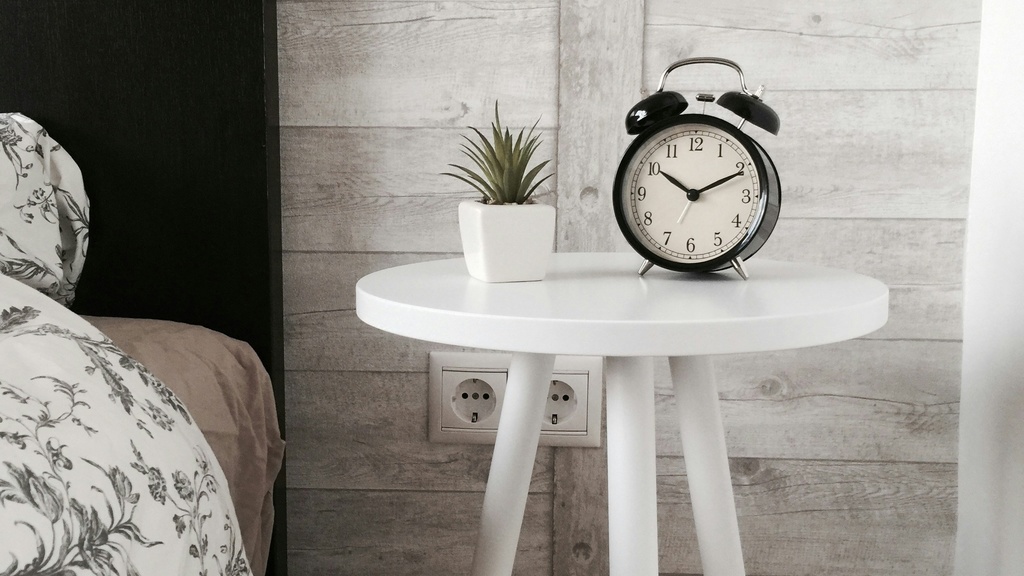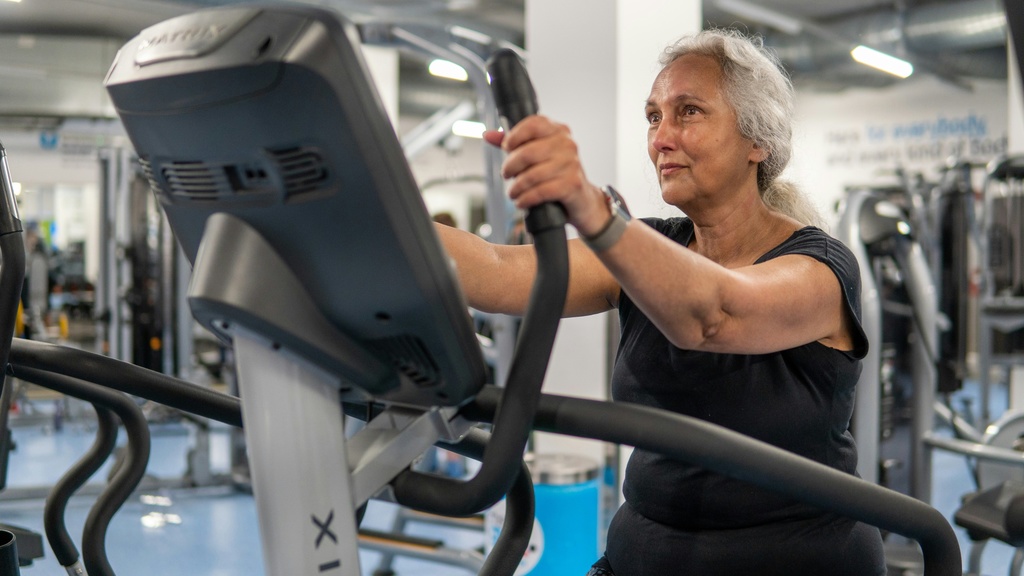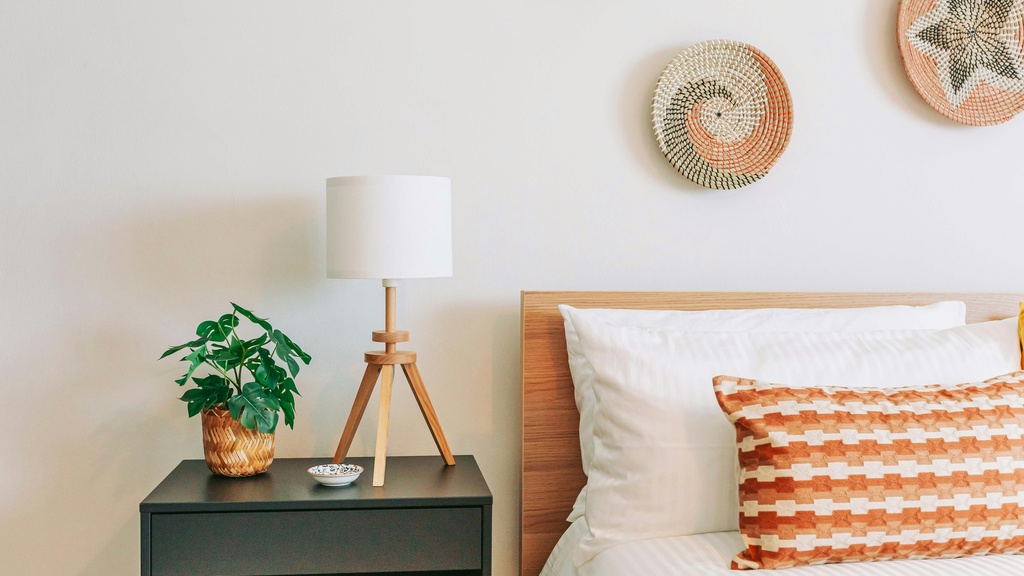This page includes tools, resources, and activities that you can explore to build your sleep hygiene skills. Do you want support as you try some of these habits? Connect with a liveWELL Health Coach to get started.
Sleep Hygiene
Sleep hygiene is a term used to describe a multicomponent approach to build healthy habits and environments to support sleep. As with any habit change, starting small and building consistency is most effective. Of course, there are many reasons for disrupted sleep and meeting with your physician may be a good first step.
Take the Sleep Survey through the American Academy of Sleep to assess your current sleep hygiene behaviors.

Follow a Consistent Routine
- Have a fixed wake-up time and bedtime.
- Limit evening naps.
- Reduce screen time before bed.
- Create a relaxing routine to prepare to sleep.
- Prioritize sleep!

Practice Healthy Daily Habits
- Get light exposure early in the day.
- Engage in regular physical activity.
- Reduce alcohol consumption and caffeine later in the afternoon and evening.
- Avoid big meals before bedtime.

Set Up Your Bedroom
- Keep your sleep area at a cool temperature.
- Block out light with curtains or an eye mask.
- Choose a comfortable pillow and mattress.
- Drown out unnecessary noise with ear plugs or a white noise machine.

Tools to Help You Sleep
Campus Resources
- Seek support and assistance from an EAP counselor.
- University of Iowa Health Care Sleep Disorders Clinic
Sleep Program: Sleepio
Sleepio is a digital sleep improvement program based on cognitive behavioral techniques for insomnia (CBT-I).
Additional Resources
- Your Guide to Healthy Sleep (pdf) (Department of Health and Human Services)
- 7 healthy tips for a better night's sleep (TED-Ed)
- 8 Secrets to a Good Night's Sleep (Harvard University)
- American Sleep Association: National organization focusing on improving awareness of sleep benefits and problems
- National Center on Sleep Disorders Research (National Institutes of Health)
- Sleep and Sleep Disorders (Centers for Disease Control and Prevention)
- Facts for Families Pages/Children’s Sleep Problems (American Academy of Child and Adolescent Psychiatry)
- Sleep Disorders Guide: Comprehensive information about sleep disorders: descriptions, symptoms, causes, treatments of conditions like sleep apnea, insomnia, snoring, restless legs, and narcolepsy
- University of Iowa Health Care Sleep Disorders Clinic
- For Veterans: How to Develop Healthy Sleep Habits (Military Health System and Defense Health Agency)
Books
- Quiet Your Mind and Get to Sleep: Solutions to Insomnia for Those with Depression, Anxiety or Chronic Pain (New Harbinger Self-Help Workbook) by Colleen Carney and Rachel Manber
- Harvard Medical School Improving Sleep: A Guide to a Good Night's Rest by Lawrence Epstein M.D., Kathleen Cahill Allison, Scott Leighton , and Michael Linkinhoker
- Overcoming Insomnia: A Cognitive-Behavioral Therapy Approach Workbook (Treatments That Work) by Jack D. Edinger and Colleen E. Carney
- The Sleep Revolution: Transforming your life, one night at a time by Arianna Huffington
When to Seek Help
Most people experience trouble sleeping from time to time. Work stress, deadlines, and caregiving responsibilities, can all cause disruptions in sleep. However, if the sleep problems persist and begin to interfere with daytime functioning, one should consider getting help.